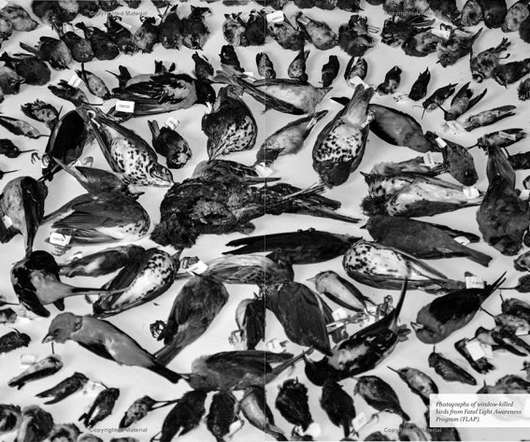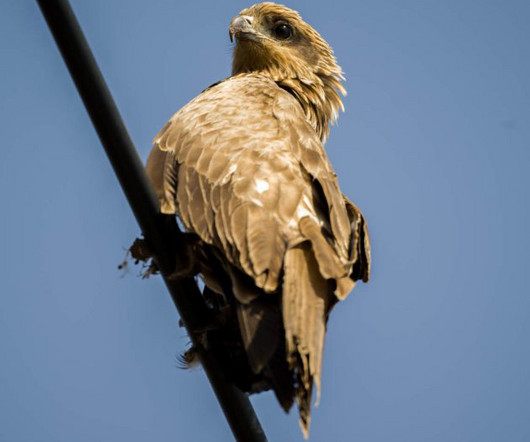Solid Air: Invisible Killer Saving Billions of Birds From Windows–A Book Review
10,000 Birds
JULY 5, 2022
The first half describes the problem (why birds hit windows, the scale of the deaths, scientific research, what happens when birds strike windows) and the second half discusses what to do about it (community and worldwide education, window deterrent solutions, legal mandates and building codes, citizen science–what individuals can do).












Let's personalize your content